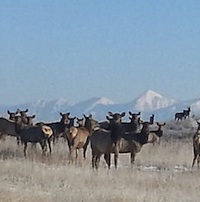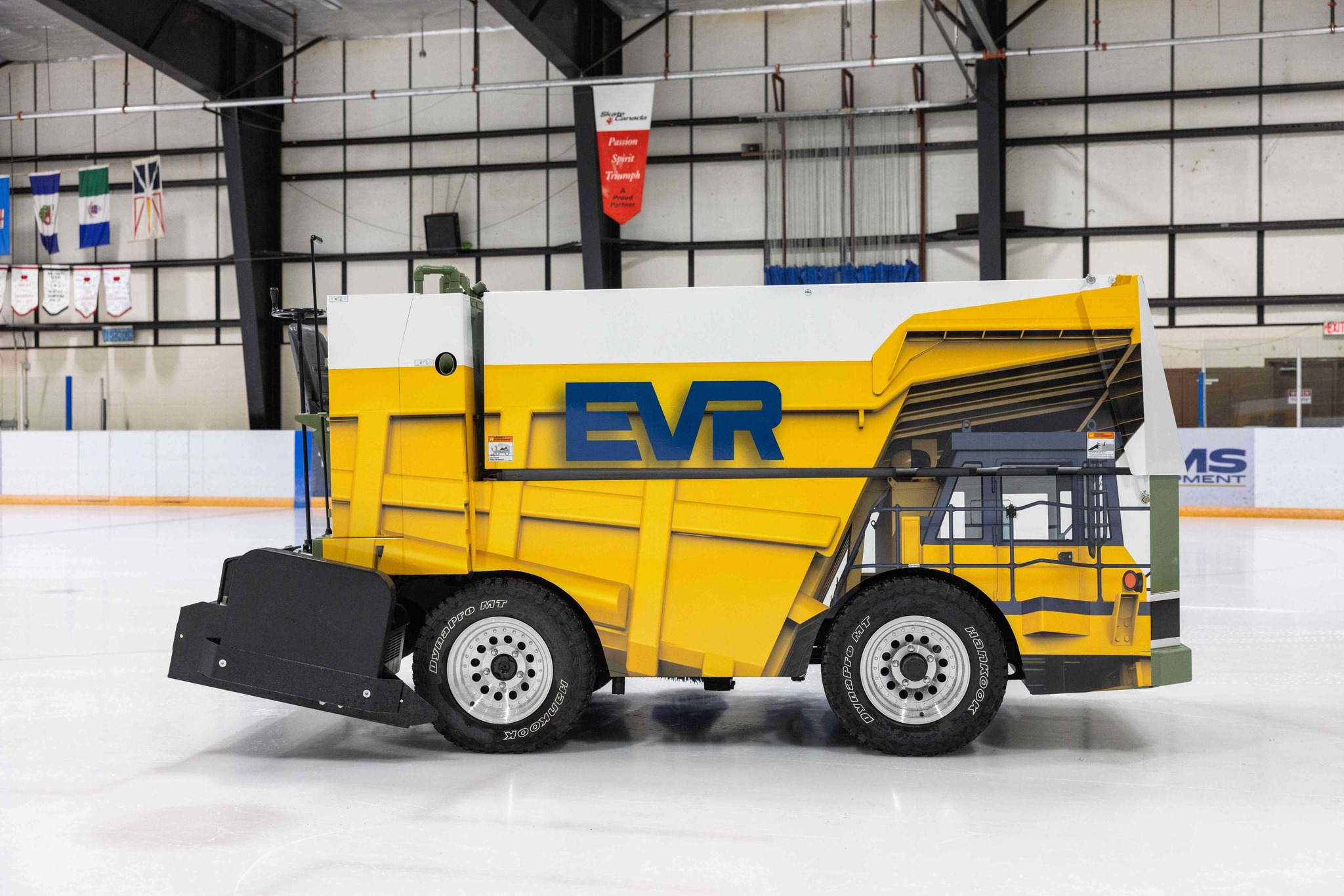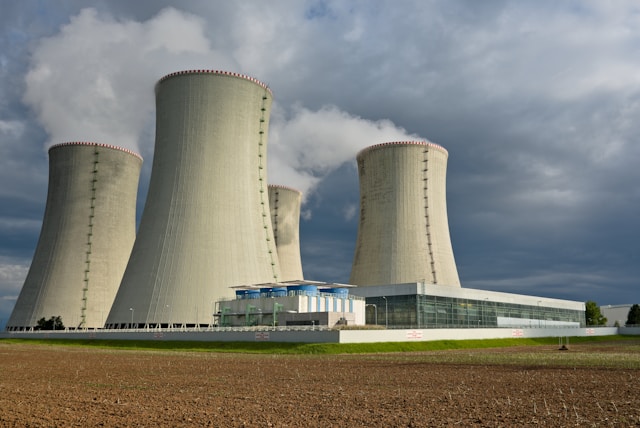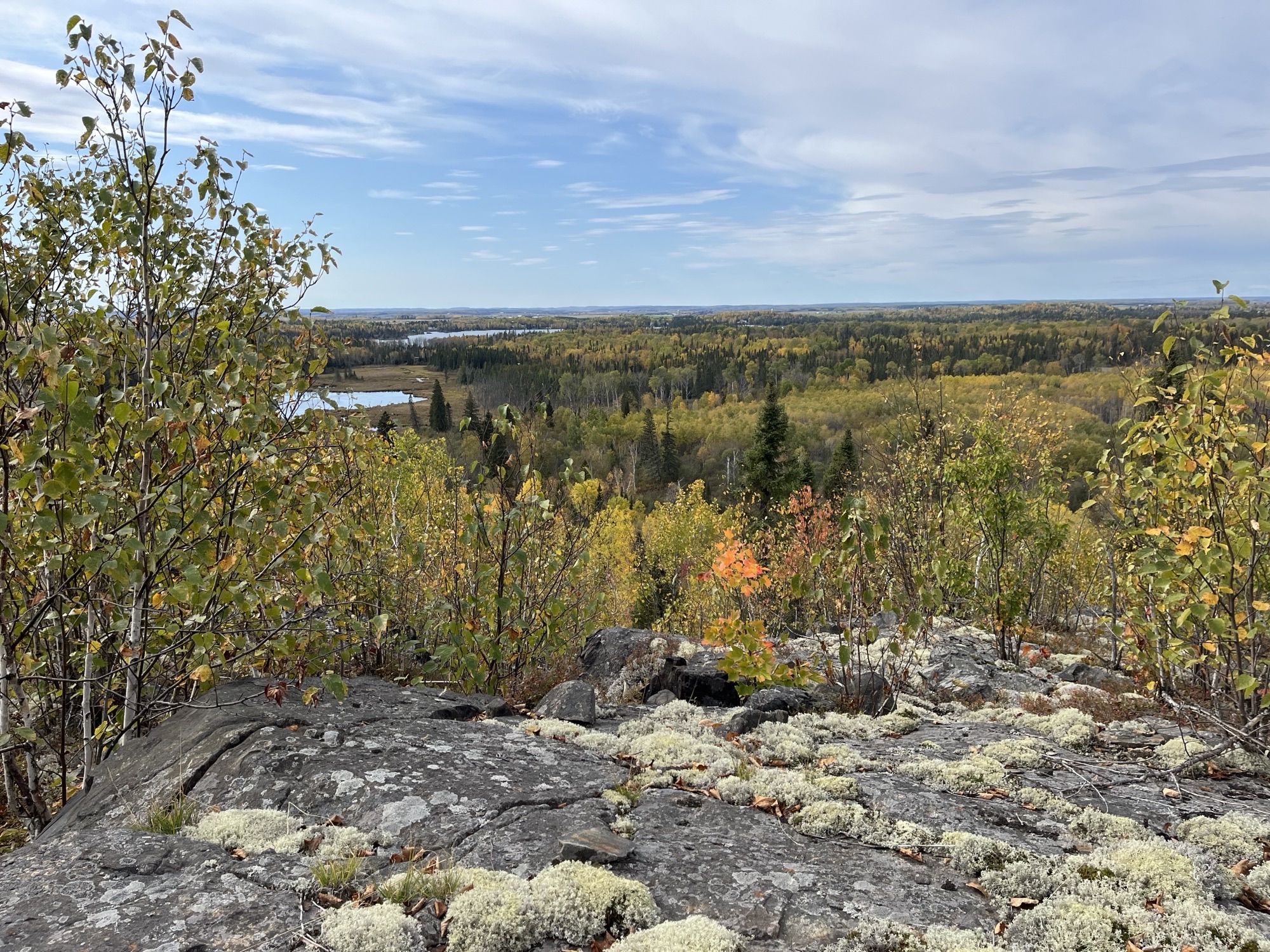Two former Teck employees find a second career in mining reclamation

A herd of elk graze on the former Sullivan Mine site. — Photo courtesy Teck Resources When Teck’s Sullivan Mine in Kimberley, B.C., closed on Decemb
A herd of elk graze on the former Sullivan Mine site. — Photo courtesy Teck Resources
When Teck’s Sullivan Mine in Kimberley, B.C., closed on December 21, 2001, it was the end of an era. Throughout its 92-year lifespan the mine produced over $20 billion in lead, silver and zinc. It also sustained four generations of miners and their families. While many locals were concerned not only about their individual financial futures but also the survival of the community itself, two enterprising Teck employees, Wayne Peterson and Chuck Goodenough, viewed the closing of the Sullivan Mine as the beginning of an extraordinary opportunity.
As an underground mine containing zinc, lead and iron sulphides, the Sullivan Mine requires long-term environmental management to prevent acid rock drainage (ARD), which has the potential to leach heavy metals into surrounding waterways. Throughout the mine’s lifespan, Teck implemented various innovative strategies to mitigate these and other environmental impacts of the mining process. However, Peterson and Goodenough were prescient enough to realize that these challenges wouldn’t go away when the mine closed. They pitched Teck with a proposal to manage the long-term reclamation and maintenance of the site. Teck went for the deal, and 14 years later the Sullivan Closure Company has nine employees.
“We basically do industrial maintenance,” said Peterson, who is an electrician by trade. His skills complement those of Goodenough, who is a millwright. Together with their small crew and the help of outside contractors, they are well equipped to handle the wide variety of tasks involved. “We maintain the pumps and pipelines, repair fences and buildings. There’s always something new happening on the property. It keeps you thinking.”
One of the primary ongoing jobs is water treatment. As various parts of the mine were decommissioned, they filled with water. This water, which can be affected by ARD and heavy metals, is pumped out of the mine twice per year and sent via pipeline to Teck’s water treatment plant, located a few miles away alongside the St. Mary’s River. The same goes for water from various waste dumps and tailings facilities on the property. At the plant, the contaminated water is neutralized and the metals removed, making the water safe to use again.
In addition to water treatment, Teck has spent millions reclaiming the property with engineered cover systems, replanting a mixture of grasses and trees to restore the 1,000 hectares of property.
“The site is very well maintained,” said Peterson, who often encounters wildlife on site. “Teck has been a very responsible corporate citizen. I actually think they’ve improved conditions for wildlife in the area.”
Peterson and Goodenough are proud to play a role in the reclamation process, which has drawn international attention from other companies who are facing similar situations.
“I think mining gets a bad name because of how things were done 100 years ago," said Peterson. "When this mine first started, there were no rules. But as time went on, rules were implemented by the government and the industry to maintain a good, healthy environment. Now lots of mining people from around the world come to see what has been done here, to get ideas for how they can do reclamation. It’s a good example of how mining can be good for the economy and how it can work well with the environment and with people.”
Like many former miners, Peterson and Goodenough would have preferred the mine to remain open. However, the chance for a second career in reclamation is a good alternative.
“It’s rewarding to know that at the end of the day, you’ve done something good not only for Teck but also the public and the environment," said Peterson. "It gives you a real feeling of accomplishment."



